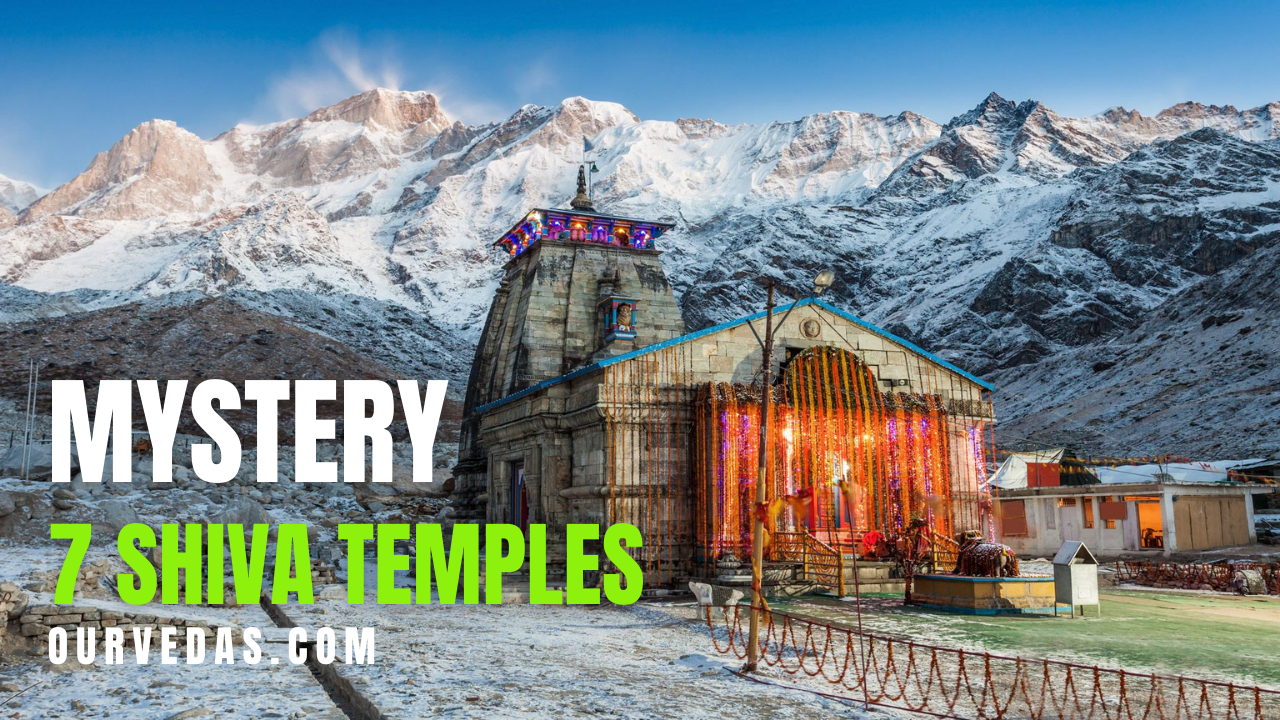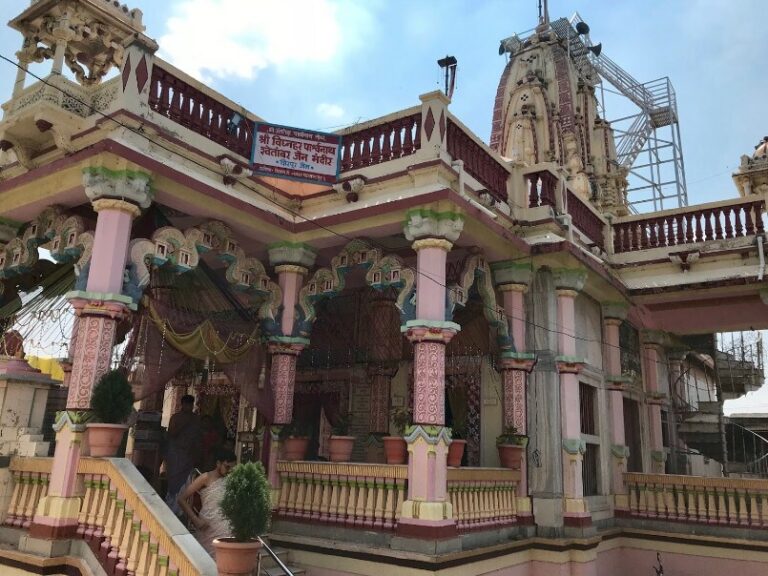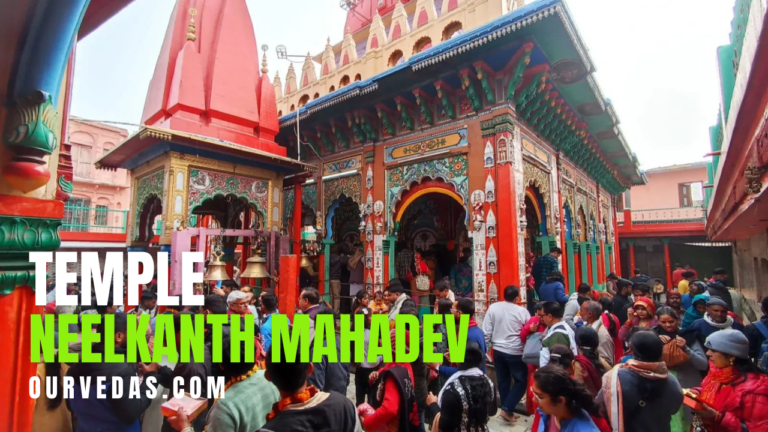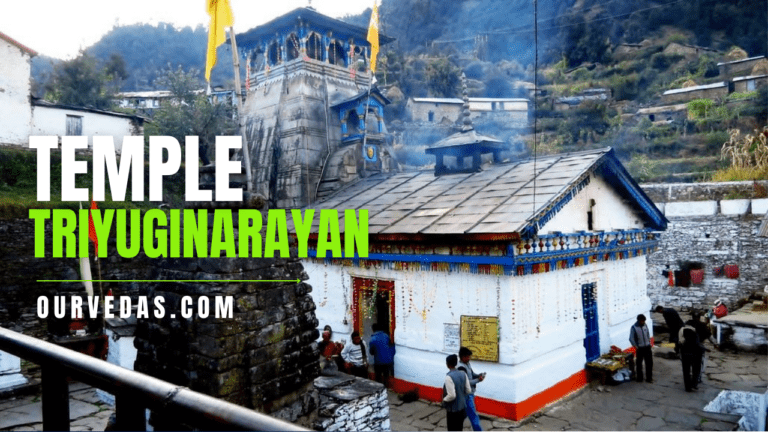7 Ancient Shiva temples in India
India is a mystical land rich in history and culture. Each part of this country has its own spiritual and cultural history. Millions in India have worshipped Lord Shiva since ancient times. As far as history goes, the ancient Shiva temples stand out. There are particularly seven prominent ancient temples surrounded by mystery.
These temples embody architectural marvels and mystical folklore, attracting thousands of pilgrims and enthusiasts each year.
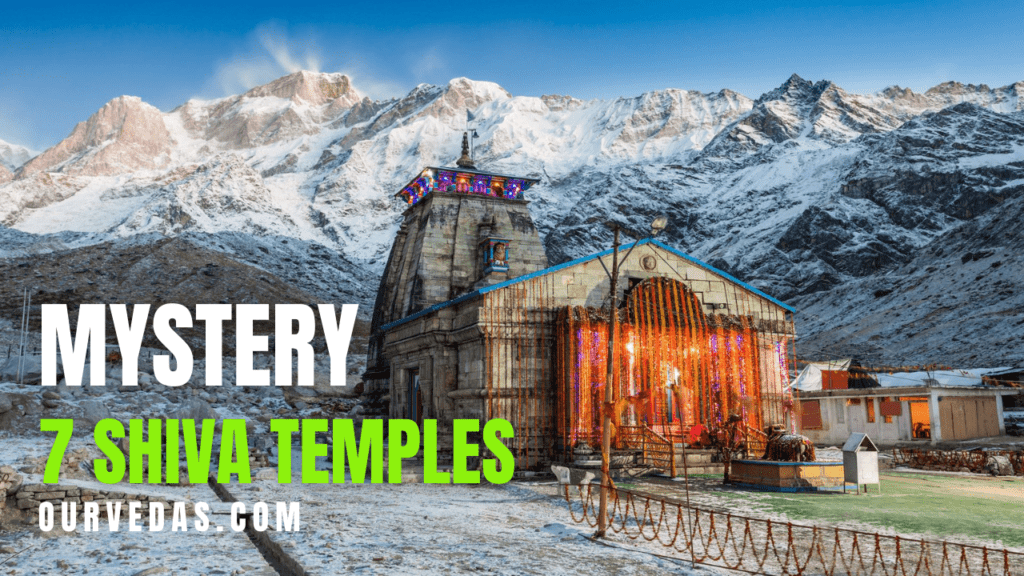
Summary of the Mystery of the 7 Ancient Shiva Temples in India
The first of these temples is the renowned Kedarnath Temple in Uttarakhand. Surrounded by beautiful mountains, it is one of the Char Dham pilgrimages.
The origins of this temple go back to the Pandavas from the Mahabharata. It’s believed that the Pandavas built the original structure in honour of Lord Shiva.
The next on the list is the Bhimashankar Temple in Maharashtra. Dense forests surround it. It is believed to be the site where Lord Shiva conquered the demon Bhima. This temple’s architecture highlights the complex craftsmanship of the 18th century.
Moving south, we find the world-renowned Meenakshi Temple in Madurai, Tamil Nadu. Though primarily dedicated to Goddess Meenakshi, worshippers also worship Lord Shiva here as Sundareswarar.
The temple’s stunning gopurams (gateway towers) are adorned with thousands of sculptures, each narrating tales from Hindu mythology. According to an ancient legend, Meenakshi and Shiva married here. Their union is celebrated through countless festivals each year.
The Mallikarjuna Temple in Andhra Pradesh holds a similar significance. This temple is dedicated to Shiva and his wife Parvati. Present on the Srisailam mountain range, the region’s surroundings are rich with mystical narratives. It is believed to house the spirits of ancient sages and saints.
As the mystery of seven ancient Shiva temples unfolds, how could someone not talk about the Kashi Vishwanath Temple! This temple in Varanasi is one of the most sacred sites in Hinduism. Devotees of Shiva believe that a visit to this temple leads to liberation from the cycle of birth and death.
Tiruvannamalai’s Annamalaiyar Temple is next on the list. Lord Shiva has manifested as fire in this temple. The annual Karthigai Deepam festival at the temple attracts countless visitors to the temple.
Finally, the Somnath Temple in Gujarat, one of the oldest Shiva temples, has stories of destruction and rebirth. It has endured many invasions and reconstructions.
These are the seven ancient Shiva temples in India. Each temple has a unique history and heritage. They stand out not only as places of worship but as custodians of our ancient history. These temples offer a glimpse into the philosophies and beliefs that define Hinduism. Let’s have a detailed review of each temple.
Before that let’s talk about the seven Shiva temples that are geographically in a straight line.
7 Shiva temple which are geographically in a straight line.
These are: Kedarnath, Kaleshwaram, Srikalahasti, Kanchipuram, Tiruvannamalai, Chidambram, Rameshwaram.
Out of these 5 temples are dedicated to basic elements of the nature. These are:
- Thiruvanaikaval : Water
- Thiruvanamalai : Fire
- Srikalahasti : Air
- Kanchipuram : Earth
- Chidambaram : Space/ Sky
Kedarnath Temple: The Abode of Lord Shiva
Location: Uttarakhand, India
According to the story, after winning the Kurukshetra war, the Pandavas sought Lord Shiva’s blessings to absolve their sins. They wanted to rid themselves of the sin of millions of deaths that happened in the Kurukshetra war.
Lord Shiva wanted to evade them, so he transformed into a bull and hid in the Kedarnath hills. When the Pandavas learned about this, they erected a temple in Kedarnath. Pleased by the devotion of the Pandavas, Shiva emerged as a Jyotirlinga in the temple.
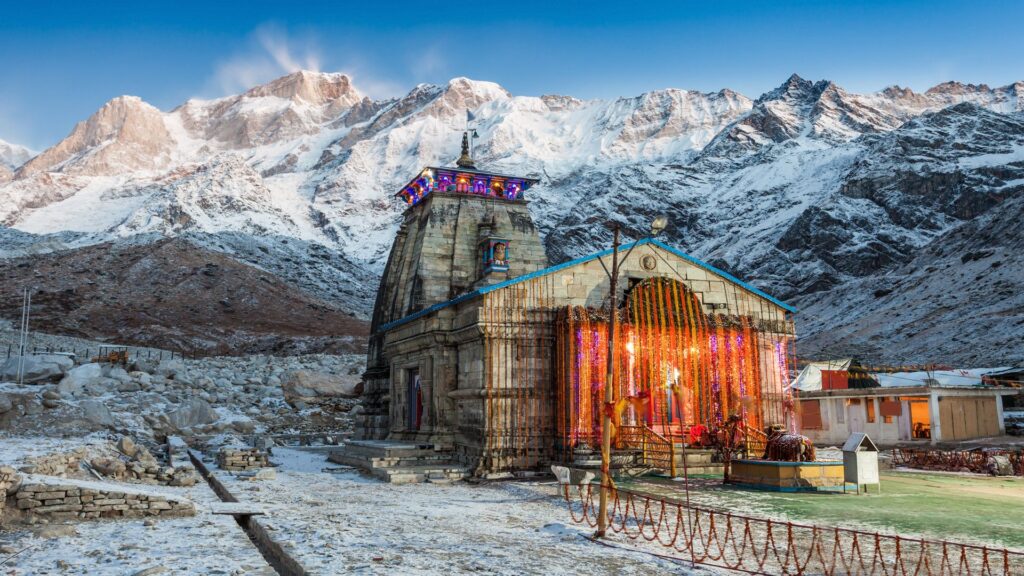
This temple is built in the North Indian style, with a simple yet beautiful facade. It is made of massive gray stones, and its roof is adorned with alluring carvings. At 3,583 meters, Kedarnath is one of the highest Shiva temples in the world.
The temple area has faced various natural calamities, including the devastating floods in 2013. The ecosystem and nature around this temple are very fragile. Over the years, this site has become quite famous, attracting thousands each year.
Massive construction and pollution are damaging the fragile ecosystem of the area, raising questions about the sustainability of this location. Nevertheless, the temple remains a beacon of faith, inviting pilgrims searching for divine connection amidst majestic mountain peaks.
Bhimashankar Temple
Location: Maharashtra, India
There was a demon called Bhima who terrorized the people. He caused massive destruction and chaos. The devotees of Shiva requested him to protect themselves from Bhima. Shiva appeared and killed Bhima.
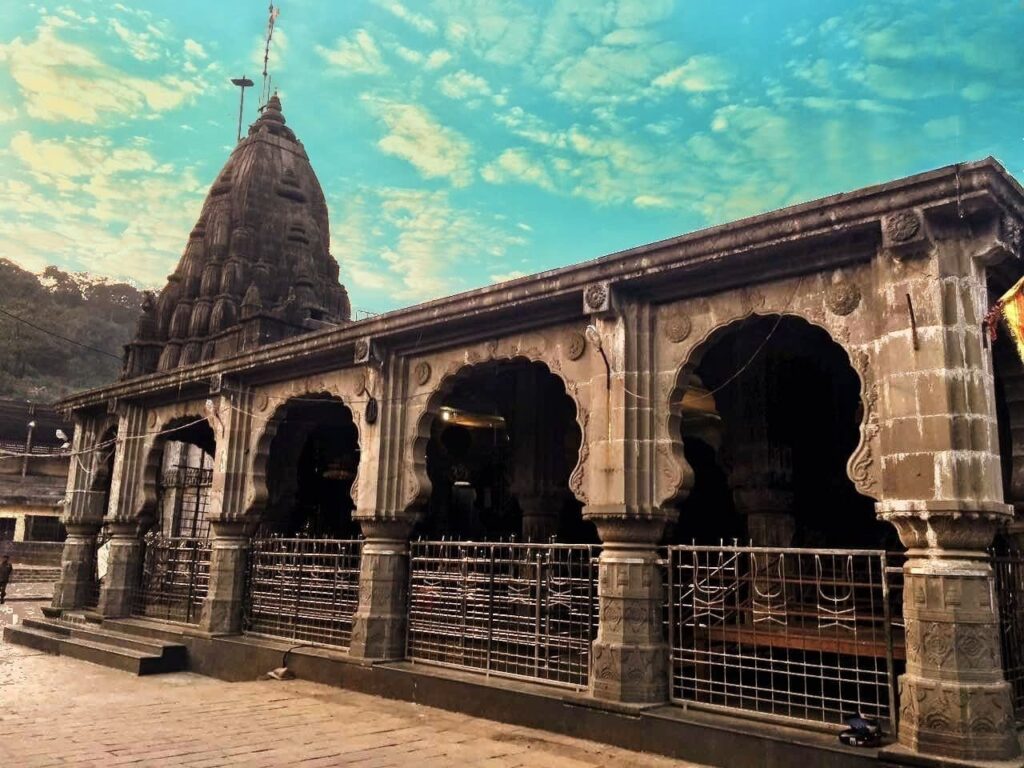
The temple holds Dravidian architectural styles with detailed carvings and intricate sculptures. The sacred Bhima River flows near this temple. It is believed to have healing properties. The temple’s surroundings are also home to the Bhimashankar Wildlife Sanctuary. One can find rare flora and fauna here.
Meenakshi Temple
Location: Madurai, Tamil Nadu
This temple is a UNESCO World Heritage Site. It is primarily dedicated to the goddess Meenakshi, but Shiva is also worshipped here as Sundareswarar. This temple marks the site where Shiva and Meenakshi were married. Each year, the Meenakshi Thirukalyanam festival is celebrated here.
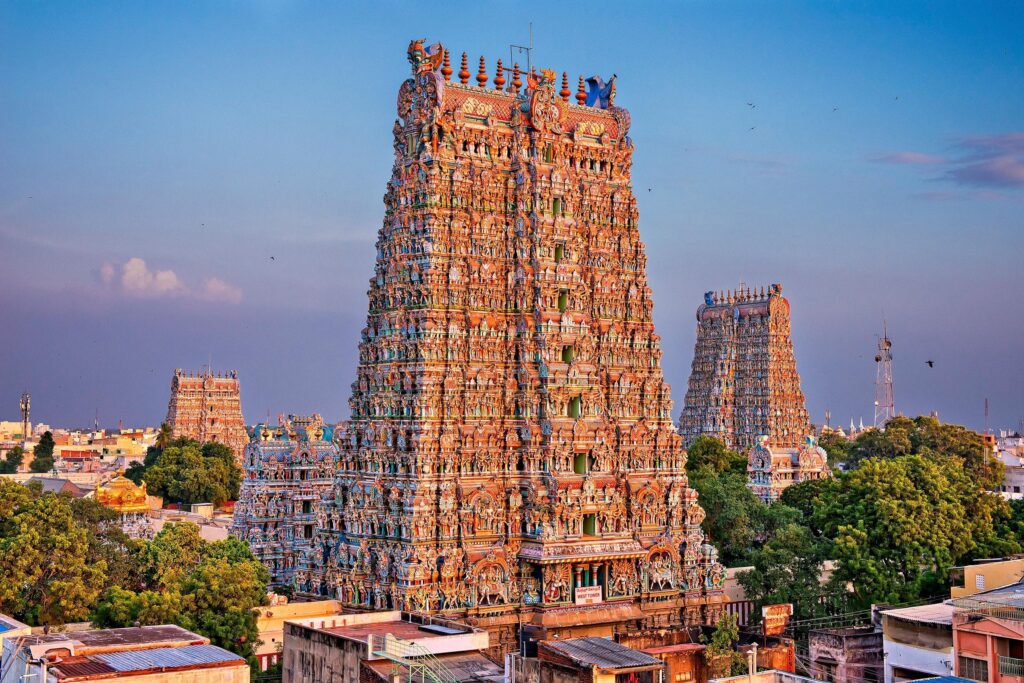
This temple is famous for its spectacular gopurams (gateway towers) decorated with colourful and intricate sculptures.
Kashi Vishwanath Temple
Location: Varanasi, Uttar Pradesh
This temple is also known as the “Golden Temple” due to its gold-plated dome. The city of Varanasi is mentioned in some ancient texts as well. It is believed to be one of the oldest living cities in the world. It is believed that a visit to this temple and a dip in the Ganges can lead to liberation (moksha).
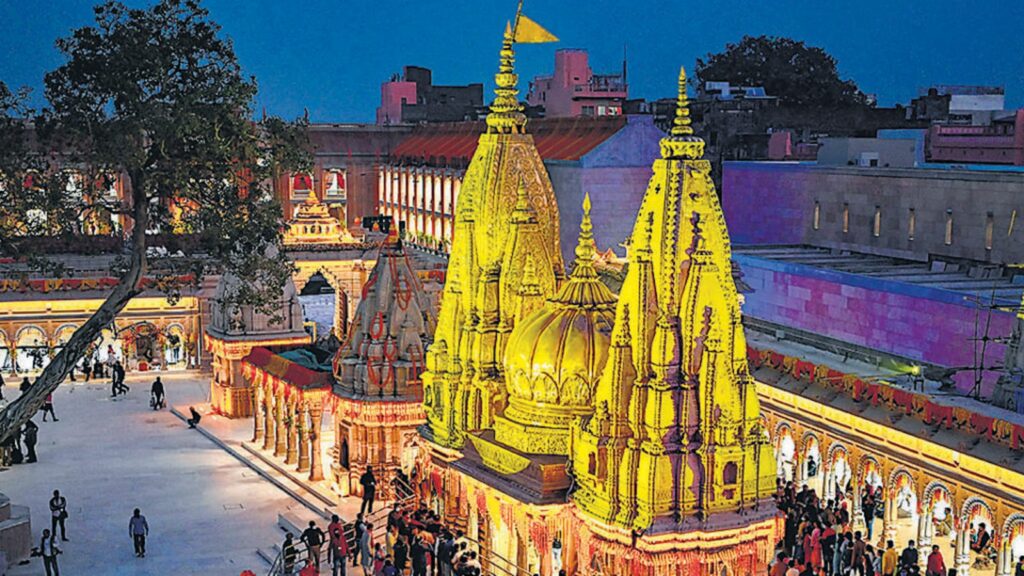
This temple has faced invasions and reconstruction. Its current structure was rebuilt in the 18th century, blending Mughal and Hindu architectural styles. The lovely carvings on the walls of the temple and the adjoining river Ganges enhance its beauty.
Annamalaiyar Temple
Location: Tiruvannamalai, Tamil Nadu
The temple is situated at the base of Annamalai Hill, where an enormous beacon is lit during the Karthigai Deepam festival. Local lore suggests that the hill itself is a manifestation of Shiva’s form.
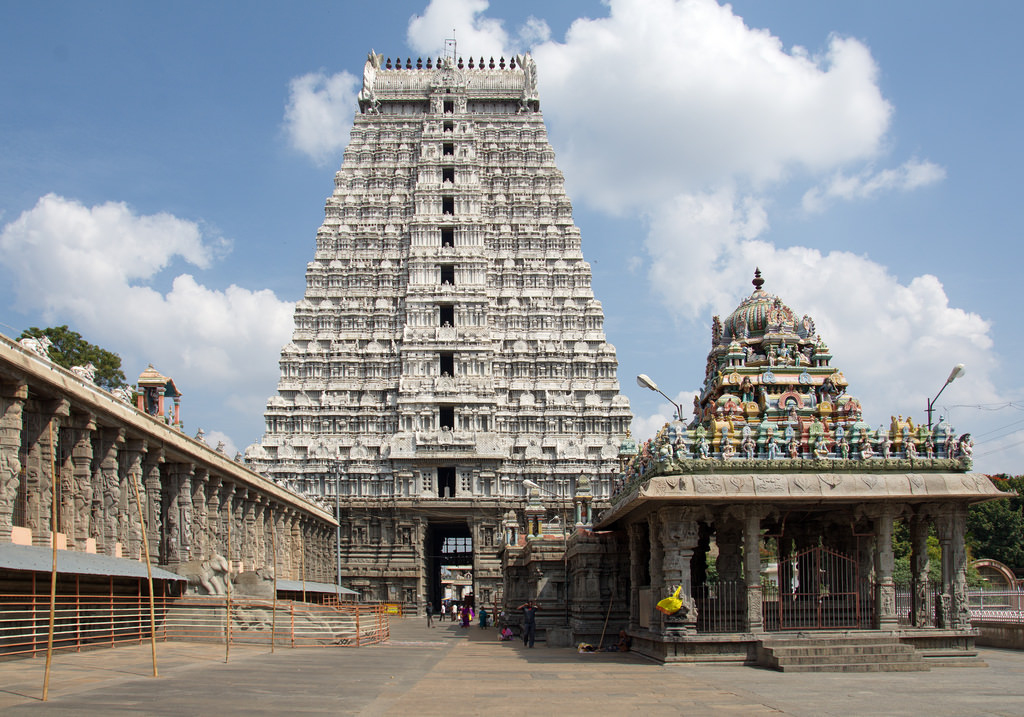
The temple also features stunning gopurams and a large courtyard.
Somnath Temple
Location: Gujarat
The Somnath Temple is one of the most historically significant sites in India. This temple is mainly for the tales of its destruction and reconstruction.
It is said that this temple has been destroyed and rebuilt over 17 times due to various invasions throughout history. The legend of its original construction is interwoven with tales of Lord Krishna, who is believed to have established the temple.
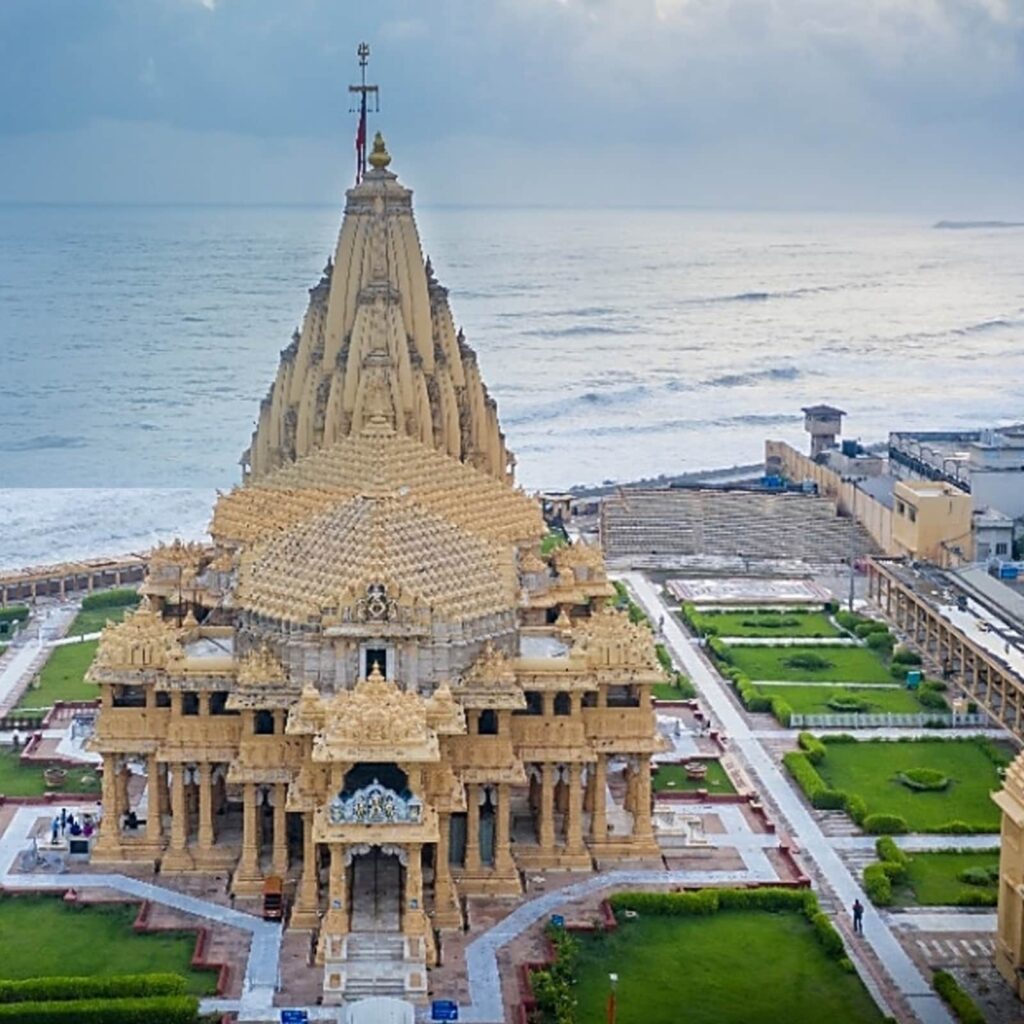
The present version of this temple is built in the Chalukya style of architecture. Its location is close to the Arabian Sea, presenting a breathtaking view. The temple serves as a testament to India’s enduring spirit and cultural heritage.
Mallikarjuna Temple
Location: Srisailam, Andhra Pradesh
The Mallikarjuna Temple, located on the sacred Srisailam mountain range, is associated with several fascinating legends linked to the divine couple of Lord Shiva and Goddess Parvati. Local folklore narrates tales of how the temple was the site of their cosmic union, drawing devotees from far and wide in search of blessings for love and marriage.
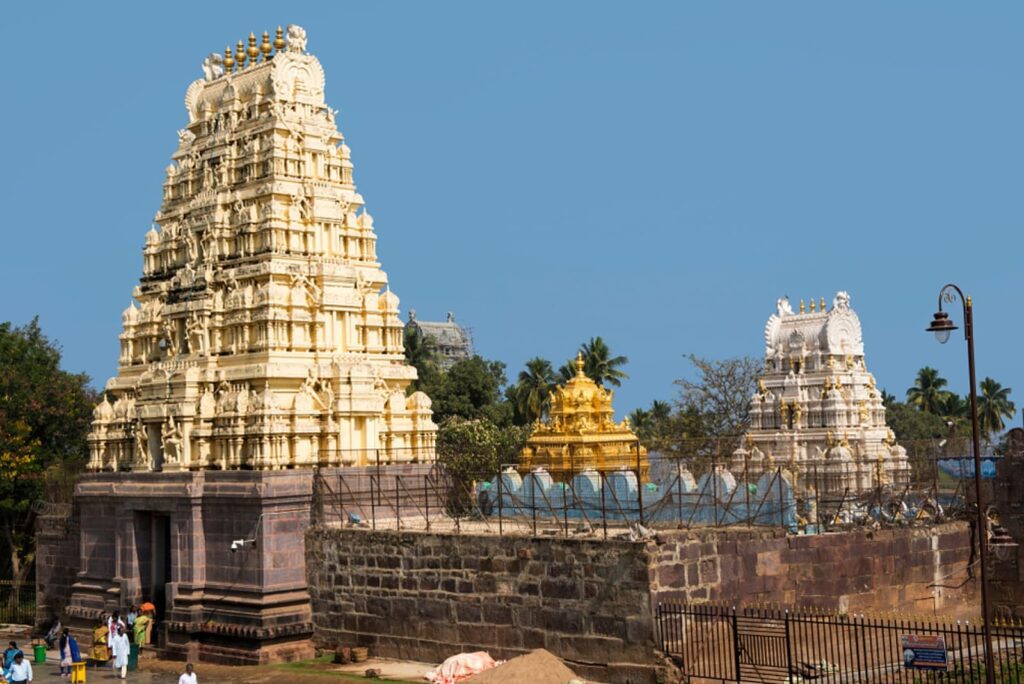
The temple showcases the grandeur of ancient Indian architecture, exhibiting intricate carvings and expansive courtyards. The panoramic views from the temple enhance its spiritual significance, representing the union of earth and sky.
Read: Gajasura Shiva story
Conclusion
The mystery of seven ancient Shiva temples in India presents an incredible glimpse of Indian culture and history. These temples are more than just structures; they are living testaments to the traditions. These temples are the biggest evidence of Indian history. The narratives and artistic expressions of past civilizations still live to this day in these temples.
As pilgrims roam in the corridors of these temples, they are awestruck. They are engulfed in an aura of divine energy. Each visit becomes a profound journey into the past, a connection with the cosmos, and an exploration of the self.
The beauty of these temples will continue to inspire millions and astonish their visitors. These are the beautiful gifts of our ancestors to us.
Read: Cute Krishna DP

